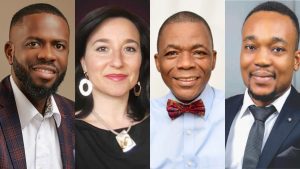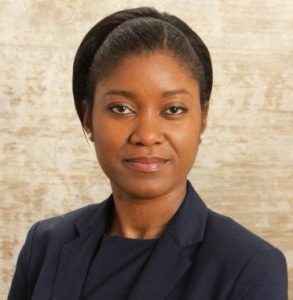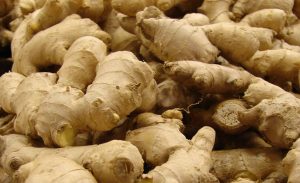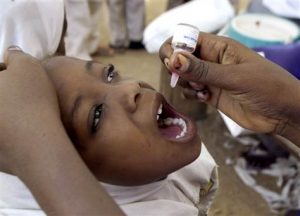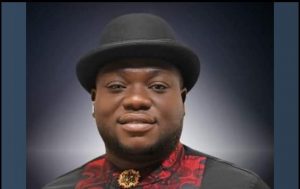CPJ calls on SADC heads of state to prioritize press freedom and the safety of journalists
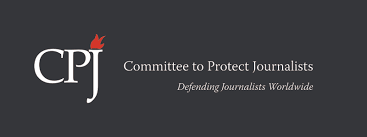
By Committee to Protect Journalists
Dr. Stergomena TaxSADC Executive SecretarySADC HousePlot No. 54385Central Business DistrictPrivate Bag 0095Gaborone, BotswanaSent via email and facsimileDear Dr. Tax,I write to you from the Committee to Protect Journalists, an independent non-profit organization that advocates for press freedom worldwide, ahead of the 39th Ordinary Summit to urge you to prioritize press freedom and the safety of journalists within the Southern African Development Community (SADC).The SADC treaty commits member states to the principles of human rights, democracy, and the rule of law. In addition, the SADC Protocol on Culture, Information and Sport provides that member states should “take necessary measures to ensure the development of media that are editorially independent.” Despite these commitments, CPJ has documented a deeply troubling erosion of press freedom in several member states, including attacks on individual journalists, media suspensions, internet shutdowns, and restrictive legislation.Many of these threats intensify ahead of and during elections. More than half of the SADC member states are expected to hold local and national elections by the end of 2020. SADC’s principles and guidelines for democratic elections require governments to “foster transparency, freedom of the media” and “access to information by all citizens.” Therefore, member states must ensure a free press so that journalists can work freely and safely, and citizens can access reliable information and make informed decisions.Here is a summary of our priority issues within the region:Attacks on journalistsWe are particularly concerned with Tanzania, whose president, John Magufuli, is the incoming chair of the SADC, and where journalists operate in a very hostile environment. Freelance journalist Azory Gwanda has been missing since 2017, and the government’s failure to provide accountability in his case has had a chilling effect on the local media. Just last month, Erick Kabendera was arrested and charged with economic crimes in retaliation for his critical journalism. He remains behind bars.However, attacks on journalists in the region extend beyond Tanzania: In the Democratic Republic of Congo (DRC), journalists have endured assaults and arrests, especially while covering protests and elections or reporting on powerful individuals. In Zambia, journalist Derrick Sinjela is serving 18 months in prison for contempt of court in connection with his reporting on the country’s Supreme Court. In Mozambique, journalist Amade Abubacar remains in legal limbo after his arrest in January; he spent 108 days in pre-trial detention in connection with his reporting on the insurgency in Cabo Delgado before he was provisionally released, and has yet to hear whether he will be formally indicted despite his pre-trial investigation concluding in July. In Lesotho, a military spokesperson in late 2018 threatened an investigative journalist for articles she wrote on demands for compensation by soldiers. During the South African elections in May, journalists faced online harassment and cyber-bullying. In the run-up to the Comorian elections in March, and in the crisis that followed, journalists were arrested and newspapers were censored.Media suspensions and shutdownsIn Tanzania and Zambia, authorities have used media suspensions to pull critical media outlets from the newsstands and the airwaves. During elections in late December 2018, authorities in the DRC blocked the signals of at least two broadcasters. Partial and complete internet shutdowns in the DRC and in Zimbabwe have strangled the flow of information during politically tense periods.Restrictive legislationCriminal defamation, sedition, and secrecy laws—many of them vestiges of the colonial and apartheid eras—have been used to target critical journalists and media outlets in Namibia, Zambia, Botswana, and the DRC. Zimbabwe and Lesotho have recently struck down criminal defamation laws and we urge member states to follow this example. Through new regulations, Tanzania has also set impossibly high barriers for bloggers to operate while seeking greater control of what citizens can say online.These are difficult but not intractable challenges. In fact, SADC member states have been catalysts for the development of press freedom in Africa, and around the world. Consider that May 3, the date of the 1991 Declaration of Windhoek—in which African journalists affirmed that the “free press is essential to the development and maintenance of democracy in a nation, and for economic development”—later became the day on which the global media community commemorates World Press Freedom Day.Press freedom is essential to ensuring sustainable development, peace, and the enjoyment of human rights, and the SADC can and should be at the forefront of protecting and promoting press freedom in Africa and the world. But in order to do so, it must hold its member states to account on press freedom violations. The 39thOrdinary Summit of Heads of State and Government is a prime opportunity for SADC members to raise the issues CPJ has documented with relevant states. We urge SADC member states at the Summit to recommit to press freedom, and call for the release of all imprisoned journalists and the protection of free and independent media in the region.CPJ would welcome an opportunity to discuss this further with the SADC secretariat, as well as representatives of member states.Sincerely,Robert MahoneyDeputy Executive DirectorCommittee to Protect JournalistsCC:Angola, President João LourençoBotswana, President Mokgweetsi MasisiComoros, President Azali AssoumaniDemocratic Republic of the Congo, President Félix-Antoine TshisekediEswatini, Prime Minister Ambrose DlaminiLesotho, Prime Minister Tom ThabaneMadagascar, President Andry RajoelinaMalawi, President Peter MutharikaMauritius, Prime Minister Pravind Kumar JugnauthMozambique, President Filipe NyusiNamibia, President Hage GeingobSeychelles, President Danny FaureSouth Africa, President Cyril RamaphosaTanzania, President John MagufuliZambia, President Edgar LunguZimbabwe, President Emmerson Mnangagwa



